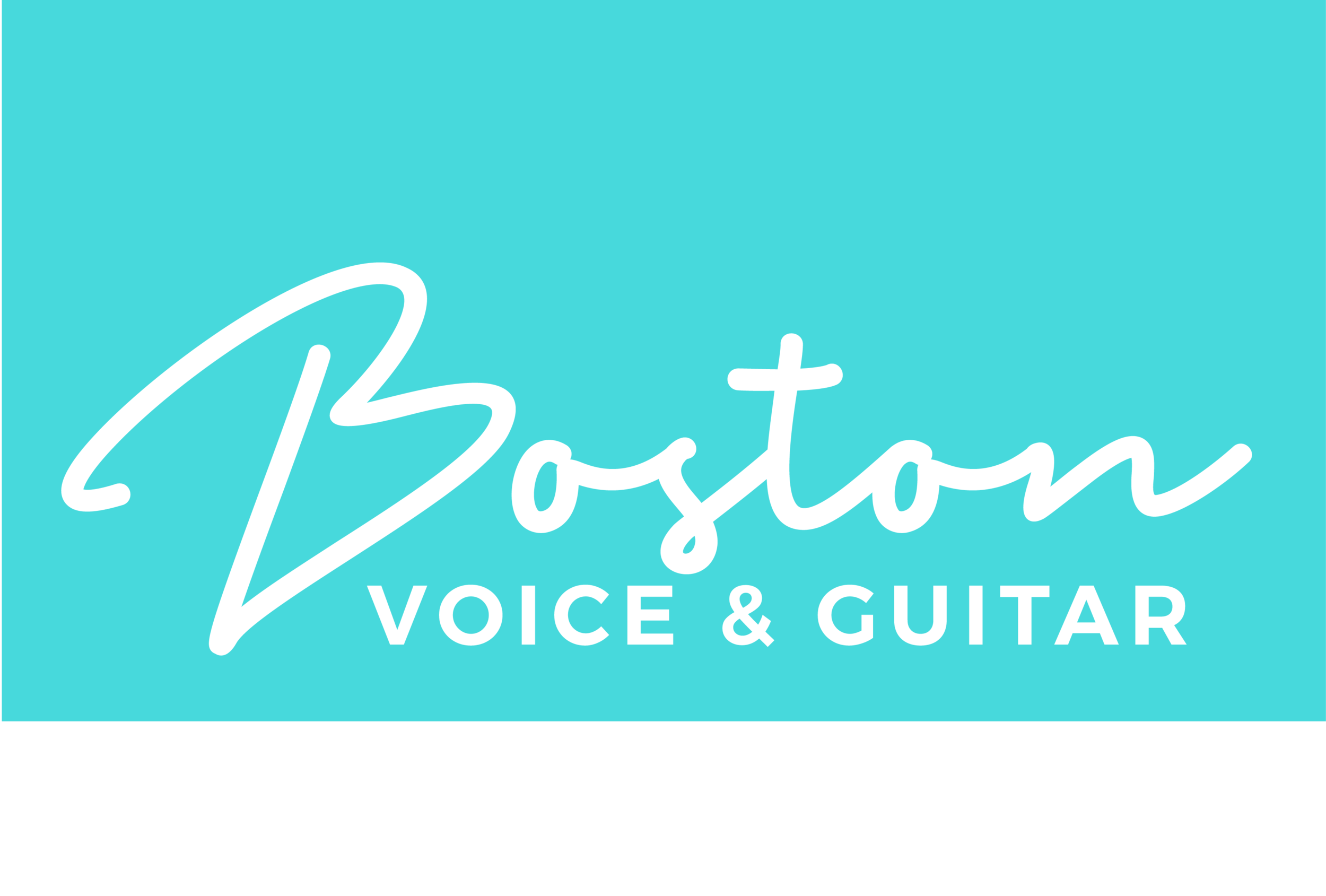How To Lead Your Audience
What an artist feels and understands about their performance is completely different from what the audience feels and understands. As musicians and performers, we just assume that the audience gets it. They understand what you are trying to communicate on stage. They understand what this song is about. They can see and understand all the cool little musical nuances that are going on in the music.
It’s obvious to you, isn’t it?
Well it’s not so obvious to your audience, especially if they have never seen you perform or heard your music before. As musicians, we really have to spell out EVER LITTLE THING to our audience. We have to help them understand what we are trying to communicate through our songs on stage.
Have you ever gone to see a band and the lead guitarist goes to take his guitar solo? What happens? The guitarist confidently walks up to the front of the stage, put his foot up on the monitor and the rest of the band fades into the background. If you are at a big production concert, a spotlight will flash on the lead guitarist, lights are flashing everywhere. Not only does he play his guitar solo, he IS his guitar solo.
Why does this happen?
If the lead did not do this, do you think you would pay attention to that solo as intently? No. You wouldn’t. But because the lead guitarist is in your face, you have no choice but to pay attention to what he is doing. The band wants to make sure that you know this is the time to focus on the lead guitarist, not the drummer, not the singer or the bassist.
I remember one time I was performing with my bassist at a small bar. We decided to play a new song and this would be our first time performing it live. I thought it was an OK performance. Nothing struck me as being particularly special, until we got to the end of the song. At that moment, the bar exploded into applause. I admit, my bassist and I were thrown off and a bit surprise.
What had just happened?
We had never received a response like that before. I did not really understand it at the time, but the audience was experiencing something in that bar that we were not experiencing on stage. They read something in the way I sung the song and the emotion I portrayed. These were perfectly normal to us because, well that’s just how I sing, but to the audience, it was different.
The perception our audience has can be very different from our own. We really have to work to try and get into our audience’s heads and help them enjoy our shows. We do that by creating moments and making the audience feel like they are a part of something special.
I guarantee that if you try creating moments in your performances, you will improve your overall audience response and the amount of merchandise you sell.
